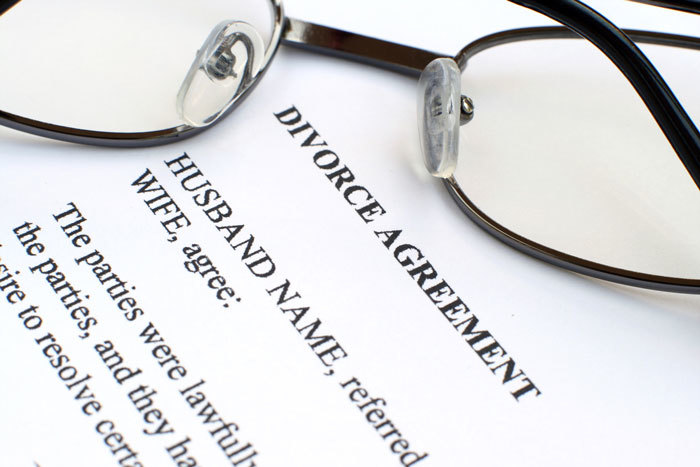In order to file for divorce in King County you will need to file a Petition for Dissolution of Marriage. You can do this together, through an uncontested divorce by having your ex sign a joinder to your petition. However, if you do not agree on all the issues, you will be filing a contested divorce, where you each file separately. The legal reason for divorce is to end the marriage, to divide assets and liabilities, to award maintenance, and if there are children, to set up a parenting plan, custody issues, or child support. You also do not need to file for separation before filing for divorce, though there may be reasons for choosing to do so.
You can file for divorce in Washington if you live here, if your spouse lives here, if you/your spouse are a member of the armed forces stationed here and will remain so for the next 90 days. If the other party does not live in Washington, you still may be able to file in Washington if the responding party lives in, or used to live in Washington during the marriage or if one of your children was conceived here.
Washington is a “no-fault” state. That means that you won’t need to give the court any reason for the relationship breaking up (even if you might want to). All you will need to show is that irreconcilable differences exist in the relationship.
You, or your divorce attorney will file in the King County Superior Court with the necessary documents to begin your case. The person who files first will be the petitioner (they petition the court for the divorce) with the other spouse being deemed the respondent (they respond to the petition for divorce).
All of the forms for dissolution of marriage can be found on the King County Superior Court website here, but they can be confusing. If you have questions or concerns regarding filing for your divorce in the Greater Seattle Area, we suggest hiring an experienced family law attorney. Please contact Elise Buie Family Law Group, PLLC for a consultation.











